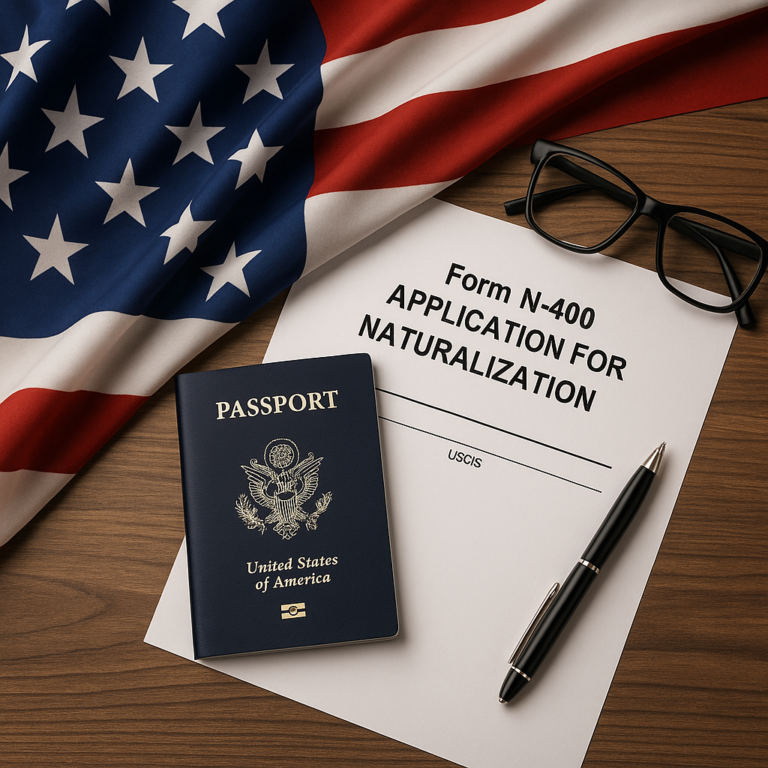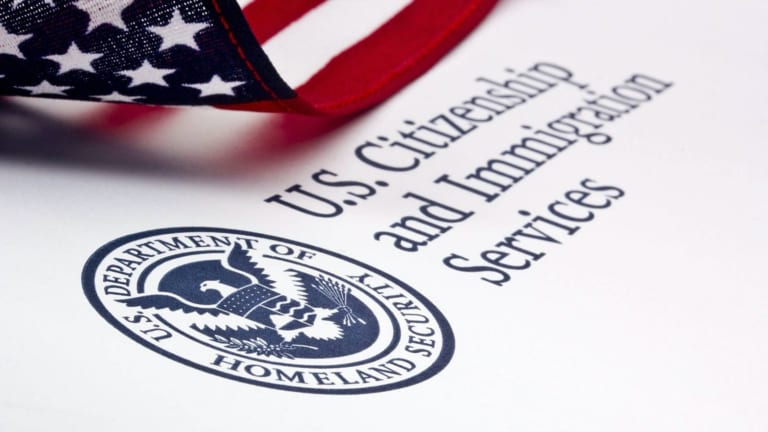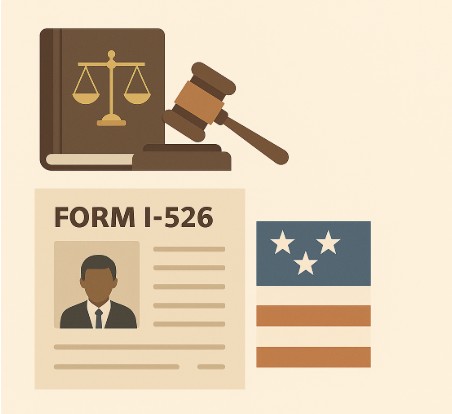The priority date in U.S. immigration is a critical concept for anyone waiting for lawful permanent residency status (“Green Card”). Because Congress sets strict annual limits on the number of immigrant visas issued in most categories, demand often outstrips supply, creating significant backlogs. Your priority date effectively acts as your





